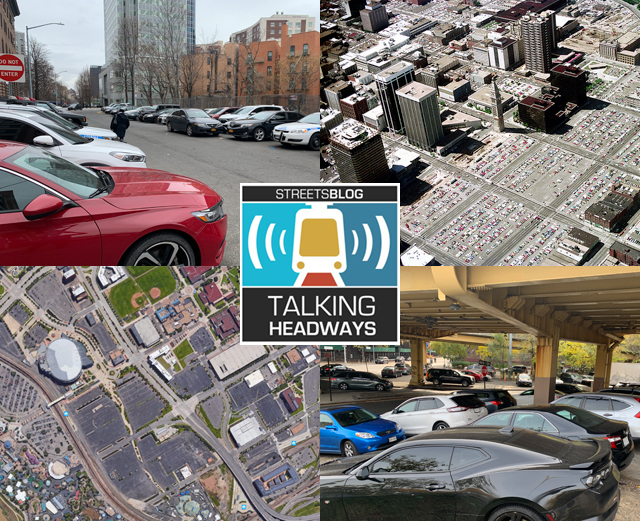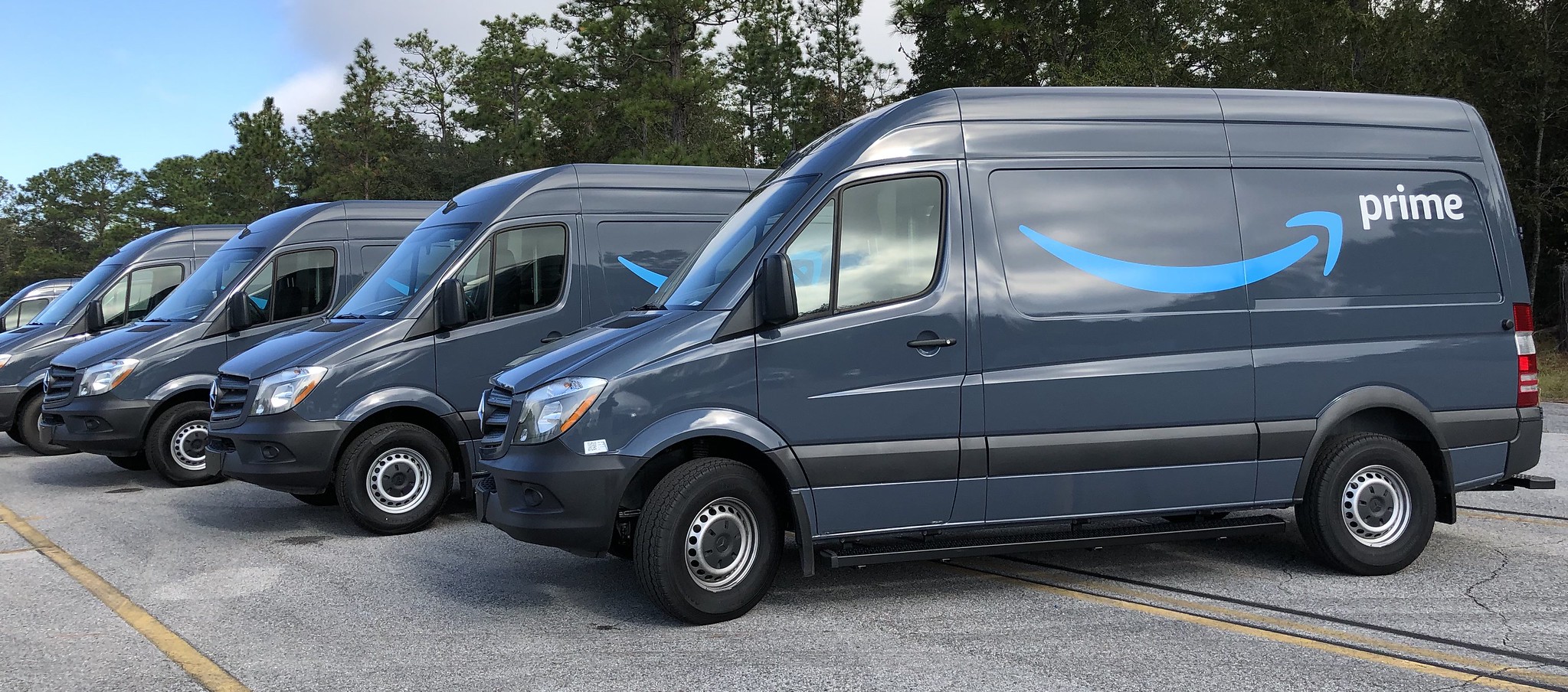This week, Catie Gould of the Sightline Institute talks about Oregon’s plans for reducing parking regulations in cities. What can we learn from Portland, OR, and Fayetteville, AR, about the effect of parking lots on urban heat islands?
For those of you who get your news through your eyes and not your ears, there’s an edited transcript below the audio player. For an unedited transcript, click here.
Jeff Wood: You all have two really good examples. I think that that struck me. The first one is in Oregon where 61 jurisdictions could reduce or completely remove parking mandates. I’m wondering where this move came from? Because, obviously, there’s a lot of complaints about parking and city councilors seem to fret about it the most out of any other issue. Where did this come from in Oregon?
Catie Gould: What’s so challenging in the local realm,...for small towns or cities to take on parking reform on their own, is that it’s hard to change things, especially rules that people don’t really know about. Now they’re hearing it for the first time and people can kind of equate, oh, we’re going to get rid of parking mandates. That means the parking is going to be harder than before. And that’s not necessarily the case when there is such an oversupply of unused parking spaces, but that’s where it’s difficult politically. And when there’s so many things that local leaders are facing in their cities, with COVID and housing crisis, it’s just hard to stick your neck out. You really need some really strong supporters within City Hall or the staff, or some really strong advocates outside, to say, "we are confident that this is a really good idea to at least try." So, in Oregon, this is a much broader reform that is in the motions of taking place right now.
It is through an administrative rulemaking process through the Land Conservation and Development Commission. That is a body that formed in 1973 at the beginning of Oregon state land use planning. Right? So this is going to apply to cities and towns of certain sizes that are within Metro areas within Oregon. And there’s kind of a number of different parking tools that they can pick from, but we expect, you know, in the next year there’s going to be, there’s no way that a town is going to get out of rolling back some of their parking requirements. It’s all just to what extent. So this very exciting.
Wood: It seems to cover some other things: walkway designs, bikeway standards, four-story buildings. It’s not just parking; it’s a whole bundle of things that they’re working on.
Gould: The proposal is called the Climate Friendly and Equitable Communities. Land use is really at the heart of a lot of climate issues. When we think about Oregon, 40 percent of all carbon emissions come from transportation, and transportation and land use are two sides of the same coin, right? How walkable a place is, how close can the buildings be located to each other to make them walkable. Parking requirements are right in the heart of how we can space our cities around geometrically. So, yes, parking reform is just one of the reforms as part of this rulemaking process. There are other requirements for cities to designate climate-friendly zones in their cities that will also loosen zoning requirements to allow bigger buildings than before. Also some transportation planning rules, right? To help encourage to move away from some of the autocentric designs into ones that are more multimodal.





